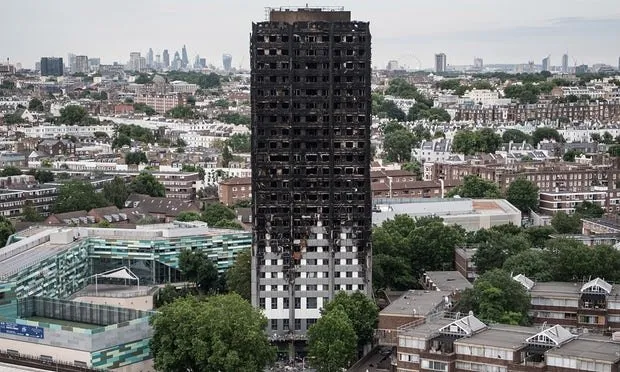
The Grenfell Tower Fire brings up questions of government culpability. (Source: The Guardian)
Introduction
The recent Grenfell Tower disaster has raised the question of who is to blame when buildings are built or (as in this case) modified in an unsafe manner.
In the case of Grenfell it appears that a fire which would have been contained by the original design was able to spread out of control due to later modifications made to the building (specifically the addition of a flammable cladding on the exterior).
These modifications were made to help insulate the 1970s built structure and also to make it look more visually acceptable to the wealthy housing which surrounded it.

In recent days it has come to light that the actual material used is not fire safe and was actually illegal to use in this kind of application.
As a result of these findings there have been tests that have found similar material used in at least 120 other high rise buildings around the country.
There are also fears that many other buildings (including hospitals) may also incorporate similarly hazardous cladding.
If the use of this material was an accident or oversight then it would be bad enough, but the fact that this material has been used in many buildings around the UK seems to suggest something more.
Specifically that local and national government have neglected their responsibility when it comes to enforcing fire safety.
This has got me thinking about an issue that has concerned me for some time - that of the culpability and willingness of politicians to accept responsibility for their actions or lack of them.
Who is to Blame?
One of the points that has been suggested as a cause in this case is a lack of enforcement of building regulations.
Most councils are having difficulty managing.
Inspecting buildings to make sure fire regulations are met is expensive and time consuming.
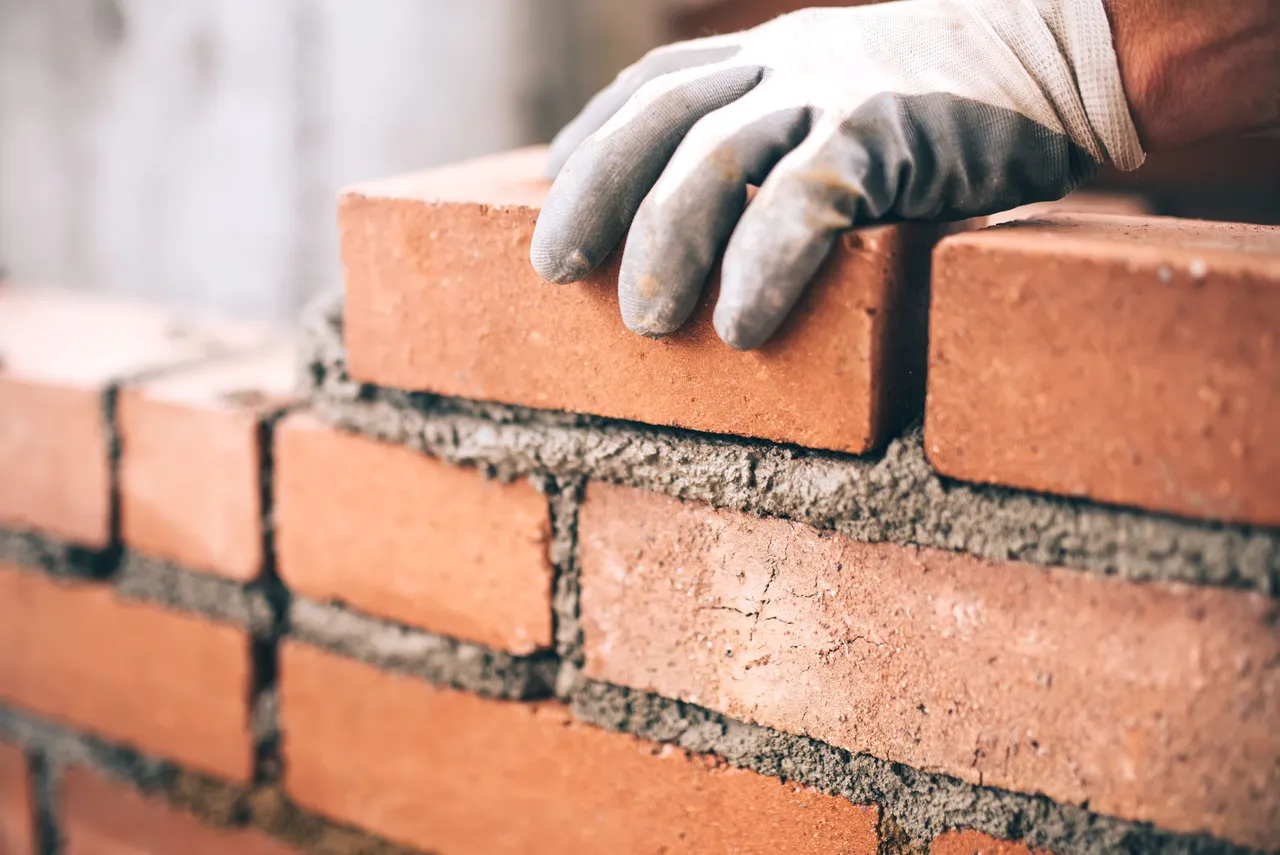
With all the cuts due to the recent years of austerity councils may have reduced their scrutiny in this area.
The cuts have also meant that most fire services have lost significant numbers of firefighters and other resources, so when a disaster does occur they are less well equipped to deal with it.
As a result we may have ended up in a situation where we have a lot more buildings which are susceptible to serious fires but local fire departments are simultaneously more poorly equipped to deal with them.
I think most of us would agree that if someone uses improper building materials which could result in death or injury they should face some kind of punishment, including prison.
What about the other people who may have contributed to the situation?
They may have not put the material there themselves but they may have created the circumstances which allowed an unscrupulous or negligent builder to get away with it.
Further they may have brought about the circumstances which mean that any fire that does occur is more likely to be serious with greater risk of injury and loss of life.
If an ordinary person is an accomplice to a crime then they don't normally get a free pass on that - they usually have to face some kind of punishment or sanction as well.
Does Government Bear Some Responsibility?
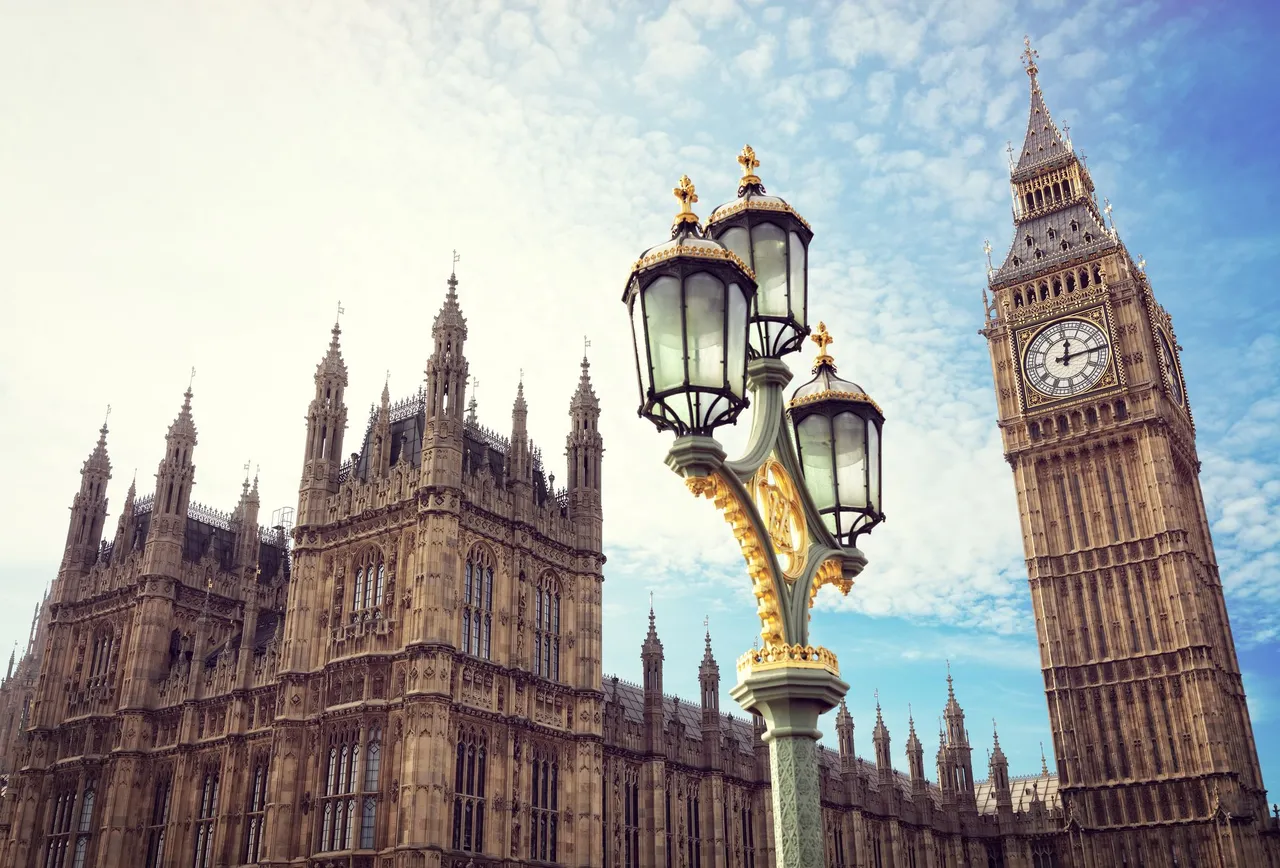
So the question is: Should local and national government also be held accountable?
After all part of why we pay them taxes and grant them certain powers is in exchange for them taking care of these things.
They are supposed to keep us safe.
If they have neglected their duties and that has resulted in deaths should they not be punished the same way as any other person would?
I think it certainly makes sense on both an emotional and rational level but I think it may not be quite that simple.
Governments and Politicians Rarely Get Punished When Their Actions Cause Death
One of the things that is quite noticeable in our society is that when a regular person does something wrong - even if it is not deliberate they can end up getting punished very harshly.

If your actions result in the death of someone (even accidentally) you can end up going to jail for manslaughter.
It seems these same rules don't apply when it comes to politicians. At least they haven't as long as I have been around.
For example, let's say you are a minister who cuts back on the fire provision in a particular region and that results in 1000 more deaths than the previous year.
Should you be held accountable (at least partially) for those deaths?
After all, if you hadn't made those cuts those people may still be alive:
There Are Different Sides To The Argument

It is a difficult question to answer.
One side of the argument might be that in order for politicians to work more effectively and efficiently they can't worry about being prosecuted for their actions.
I suppose this might be a more appropriate argument when it comes to decisions in wartime (a special case).
I'm not sure it is as applicable in peacetime where there isn't the same time pressure.
A further argument might be that it can also be difficult to prove that a certain specific person's actions directly caused the deaths.
How do you assess the degree of culpability or blame?
It is pretty clear that the builder who used the incorrect cladding bears most of the responsibility, how much responsibility does the councillor who cancelled building inspections bear?
I think we run into a fundamental issue of quantifying blame and culpability.
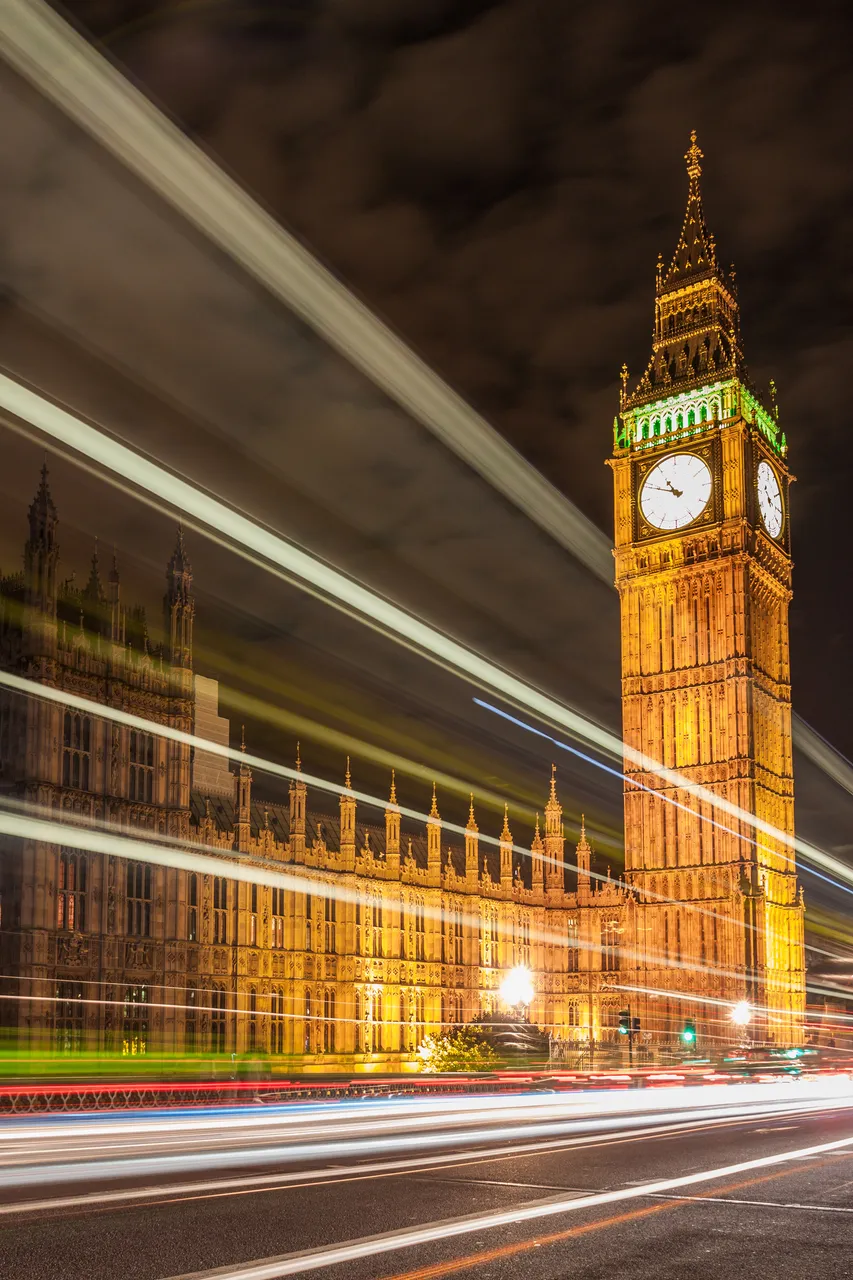
That said this is exactly the kind of thing that the courts and the legal system are designed to figure out so it is not something that doesn't already happen and couldn't be done.
It also doesn't seem right that a politician who acts recklessly and ignores safety advice should escape from any kind of punishment (besides being demoted or sacked).
Losing your ministerial position or place in the council does not seem to be a proportionate punishment for being responsible for people dying.
These sackings are rarely permanent anyway - you tend to see the same people being recycled in government even after big mistakes and it seems that when they come back all previous mistakes are forgotten.
We need to have a situation where people take their responsibilities to public safety seriously.
At least part of that is making sure that the punishments are commensurate with the results of failure particularly when it could mean people dying or being seriously injured.
Without that we will continue to see the same kind of irresponsible actions happening over and over again.
Perhaps some kind of life ban on taking any kind of political office when something like this happens would at least help?
That way they couldn't come back and behave similarly recklessly again.
Conclusion
It seems that as a result of the Grenfell fire, there is going to be a "major national investigation" (the words of the Prime Minister) in to the use of cladding on buildings across the country.
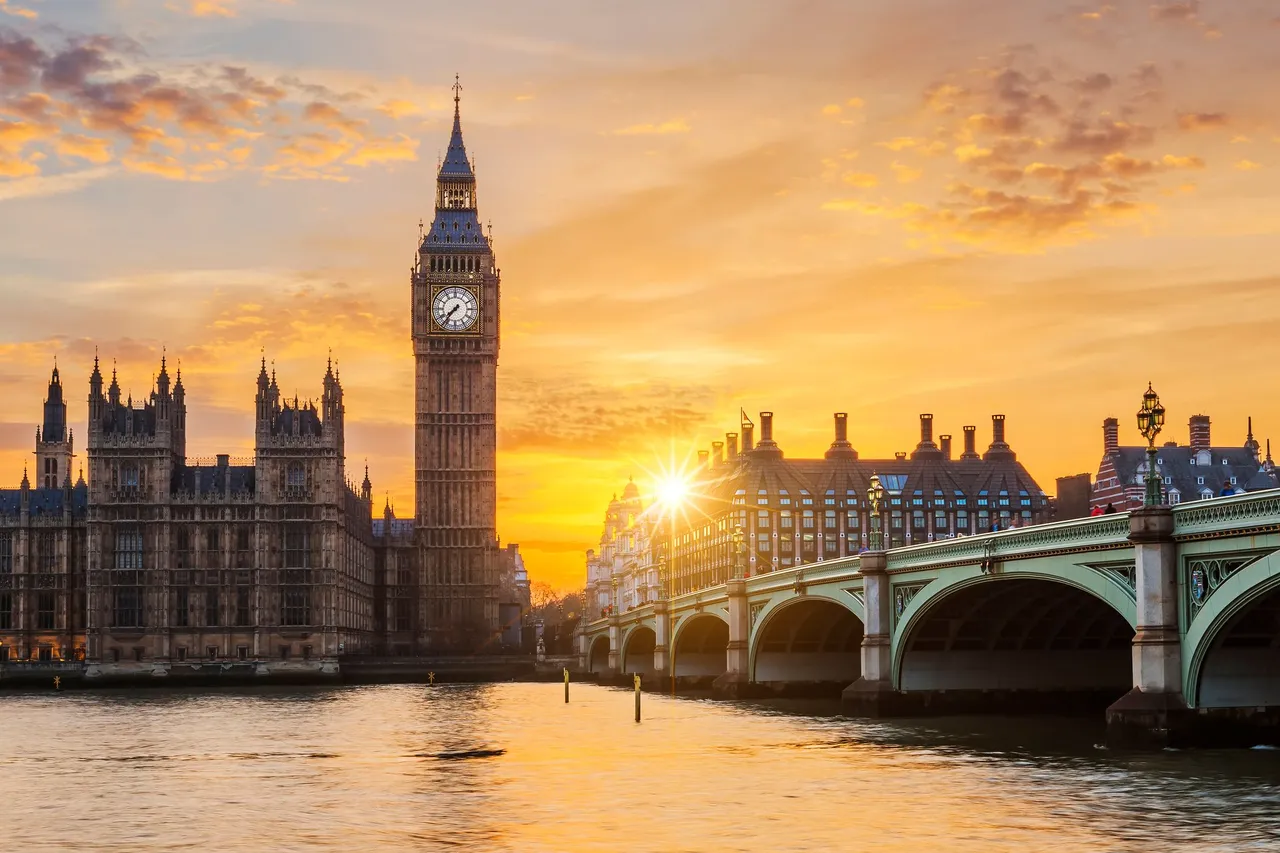
We will have to wait and see if it results in any prosecutions.
Whatever happens I doubt we will see any responsibility being accepted by local or national politicians.
Sadly as a result of that I think we will have similar situations occurring again.
Perhaps in relation to other areas of public safety, but the cost could potentially be just as high.
It is just another one of the long list of issues which makes people increasingly mistrustful of politicians.
What do you think?
Thank you for reading

